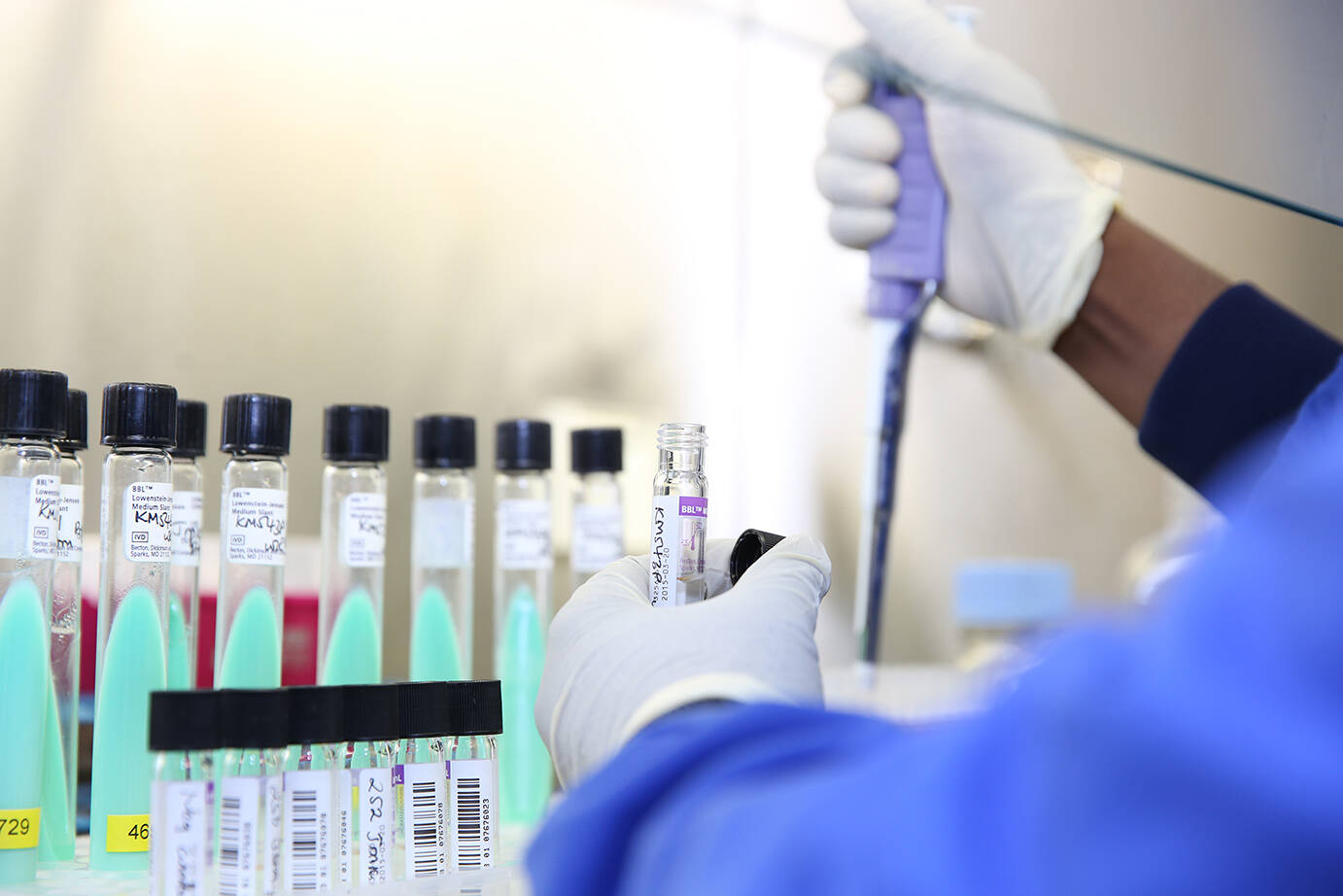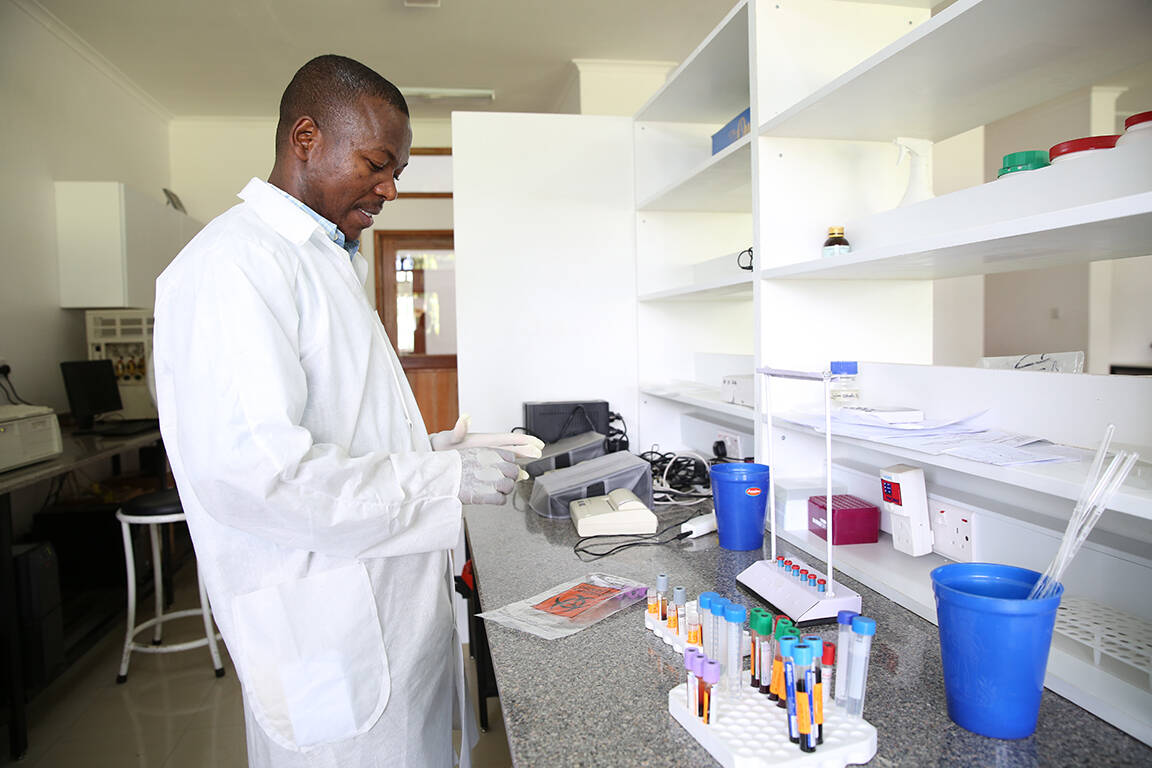
scroll down
The DATURA project will be liaising with the INTENSE-TBM team, which is evaluating an intensified treatment regimen for tuberculous meningitis (TBM), TB infection of the membranous lining of the brain. Tuberculous meningitis has extremely high mortality, particularly in people living with HIV. The trial is comparing existing treatment with an intensified approach based on high doses of TB antibiotics (rifampicin and linezolid) plus aspirin, an anti-inflammatory.
The protocol of the INTENSE-TBM study was published in November 2022 and the trial recruited its 300th participant at the beginning of 2023.
Mycobacterium tuberculosis (Mtb) is difficult to kill. Treatment regimens are typically based on a cocktail of drugs given for several months. In some groups of patients, and for some less common manifestations of Mtb infection, more drastic approaches to treatment may offer a way to improve outcomes.
The DATURA study, which recruited its first participant in Conakry, Guinea in April 2022, is assessing whether an intensified initial TB treatment could improve survival of hospitalised adults and adolescents with HIV infections. About 9% of people who develop TB also have HIV infections, but people living with HIV account for 19% of TB deaths; 72% of HIV–TB coinfections are in Africa.
DATURA is assessing whether high-dose TB antibiotics plus corticosteroid improves survival in this highly vulnerable group. By the end of August 2022, all trial sites in Cameroon, Guinea, Uganda and Zambia had recruited their first participants.
Two recently initiated projects are assessing whether intensified TB treatments, based on high doses of TB antibiotics, can cut high mortality rates in vulnerable groups.

Intensified treatments for TB
